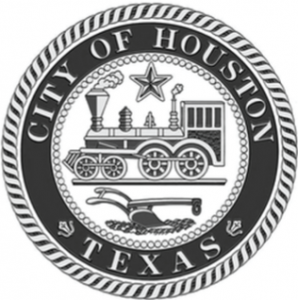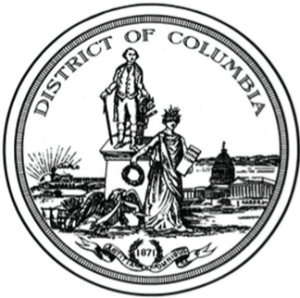In re City of Houston: Cities try (and fail) to trademark their seals
The United States Trademark and Patent Office (USPTO) recently refused registrations for trademark filed by the city of Houston, Texas and the District of Columbia, which sought to register marks that included official government seals. The court cited Section 2(b) of the Lanham Act, which prohibits registration of a proposed trademark that consists of or comprises the flag or coat of arms or other insignia of the United States, or of any state or municipality, or of any foreign nation, 15 U.S.C. 1052(b). Despite their appeal, the Trademark Trial and Appeal Board upheld their denials. Holding that the Board properly interpreted Section 2(b) of the Lanham Act, the Federal Circuit Court affirmed the Appeal Board’s decision.
The issue in these cases was whether, under the provisions of the Lanham Act, a local government entity could obtain a federal registration for the entity’s official insignia. The court resolved the issue in the negative, explaining that this was precisely what Section 2 of the Lanham Act forbids.
Both the city of Houston and D.C. wanted to use their official seal in their trademarks connected with various governmental services, including commerce, tourism, business administration, and public utility services.


Title 15 of the U.S. Code and contains the federal statutes governing trademark law in the United States, or more specifically, 15 U.S.C. §§ 1051- 1141, known as the Lanham Act is the body of federal law that deals with trademarks. Relevant to this case, § 1052(b) aka Section 2(b), states: “No trademark by which the goods of the applicant may be distinguished from the goods of others shall be refused registration on the principal register on account of its nature unless it… [c]onsists of or comprises the flag or coat of arms or other insignia of the United States, or of any State or municipality, or of any foreign nation, or any simulation thereof.” Hence, makes one wonder why the attorneys for these governmental entities would try to trademark such an obviously prohibited symbols.
Well, their arguments were pretty clever: Houston argued that, as a city, they were not an applicant. In order to support their theory, they referred to policy arguments and the Lanham Act’s legislative history. But perhaps a more creative argument was that Houston purported to seek registration of their seal in order to have a weapon against “pirates and cheats.” The idea being that a party seeking to use the seal of Houston to deceive the public with goods or services not associated with the city, Houston could use the threat of trademark infringement actions to deter crime. Consequently, they could have conceivable used trademark infringement to actually fight crime- as trademark infringement actions can cost counterfeiters enough money to bury the enterprise. Nevertheless, the court didn’t buy it. With regards to Houston, the court noted that nothing in the Act suggested that a government entity should be exempt from the prohibition- it boils down to the use of plain language that simply does not create an exception for government entities. Furthermore, the court responded to the policy argument of fighting “pirates and cheats” by suggesting Houston simply enact a law to do just that- a rather simple solution.
D.C. had a different argument that led the court to examine the Paris Convention. The District of Columbia argued that rejecting its registration of their seal would cause the U.S. to violate its obligations under the Paris Convention. The court noted that even if there was any merit to that argument, the applicable sections of the Paris Convention would not apply to D.C. because the relevant sections only applied to countries of the Union, under the Paris Convention, not each countries municipalities. Since D.C. is a municipality, that section of the Paris Convention does not apply. However, as a municipality, Section 2(b) of the Lanham Act does, and thus D.C. is prohibited from registration of its insignia.
Therefore, despite elaborate arguments by both government entities, registration of their seals was rejected.
Saul Acherman
Attorney at
JAFARI LAW GROUP®, INC.

